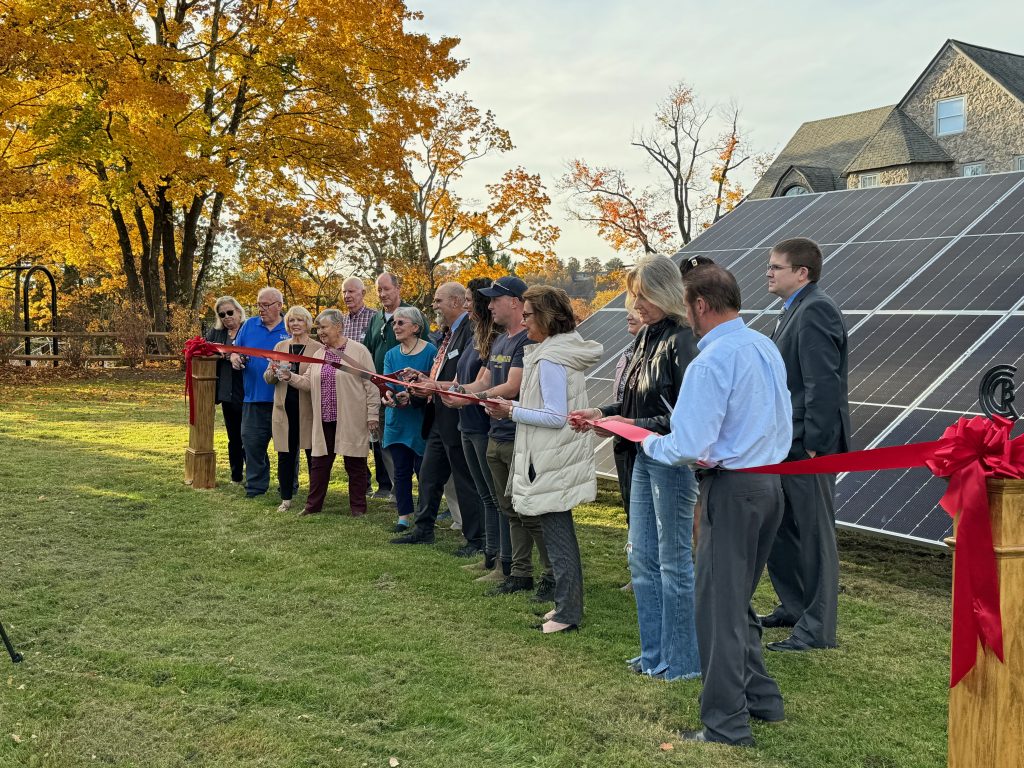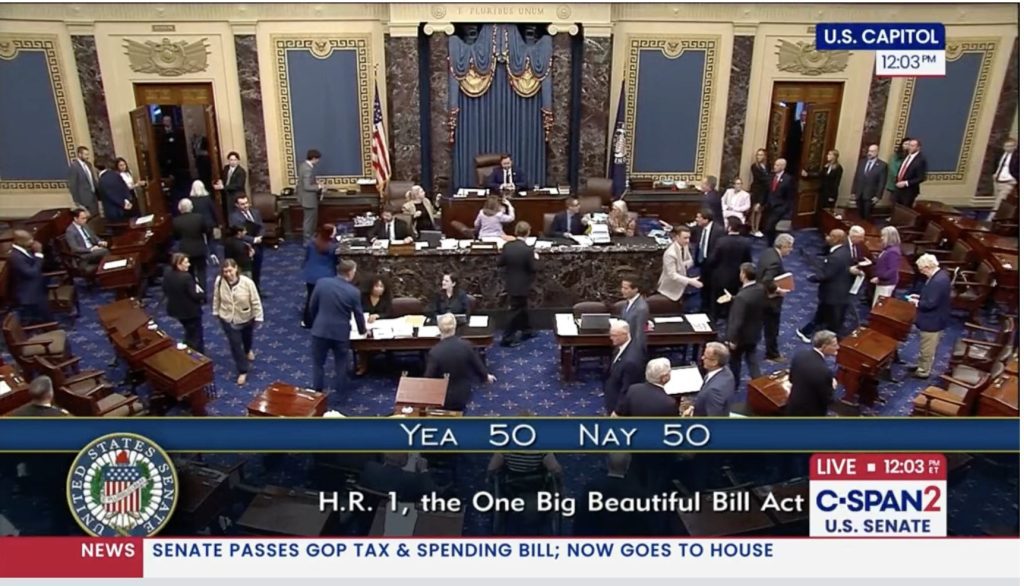Lawsuit challenges TVA plan to build methane gas plant at site of massive Kingston industrial spill
Press release from the Southern Environmental Law Center, Appalachian Voices, Center for Biological Diversity and Sierra Club
For immediate release: October 10, 2024
Contacts:
SELC: Eric Hilt, ehilt@selctn.org
Appalachian Voices: Dan Radmacher, dan@appvoices.org
Center for Biological Diversity: Gaby Sarri Tobar, gsarritobar@biologicaldiversity.org
Sierra Club: Christine Ho, christine.ho@sierraclub.org
KINGSTON, Tenn. — The Southern Environmental Law Center, on behalf of Appalachian Voices, the Center for Biological Diversity, and Sierra Club, sued the Tennessee Valley Authority today for failing to consider cleaner and more cost-effective power options before deciding to build a new polluting methane gas plant at its Kingston location, the site of the largest industrial spill in U.S. history.
The lawsuit says TVA violated federal law by failing to study the potential environmental harms from the Kingston Gas Plant or possible clean energy alternatives before spending millions on the project. TVA signed a contract with a gas pipeline company, Enbridge, more than two years before it published a decision. By the time TVA had finalized its decision in April, the utility and the pipeline company had already spent at least $275 million on the Kingston project.
“As a federal utility, TVA is required to look before it leaps by studying a project’s impacts and alternatives before making a decision,” Southern Environmental Law Center staff attorney Trey Bussey said. “But here, TVA rushed backwards, spending millions first and doing analysis later. TVA’s premature backroom deals with fossil fuel companies caused the utility to unlawfully put a thumb on the scale in favor of gas while ignoring cleaner, more cost-effective and more climate-friendly alternatives.”
The lawsuit also says TVA used a flawed financial analysis that could end up costing its customers. The utility relied on outdated data and ignored clean energy incentives recently passed by Congress that have made renewable energy increasingly affordable.
Studies have shown that replacing the aging Kingston coal plant with a gas plant, as TVA is proposing, could end up costing $1 billion more than replacing it with clean energy technology. Those added costs would be paid by families across the Tennessee Valley through higher power bills. TVA has already raised rates twice in the last year, increases driven by the utility’s gas projects.
“Our country’s largest public utility is breaking the law and ignoring the climate emergency to plow forward with another dirty gas plant and pipeline,” said Gaby Sarri-Tobar, a campaigner with the Center for Biological Diversity’s energy justice program. “TVA failed to fully analyze how much harm the massive Kingston gas plant will do to communities and the environment. Millions of customers will be saddled with decades of rising utility bills, dirty air and water, and fossil fuel-driven climate disasters. TVA is failing these people and the planet, so we’re going to court.”
TVA’s Kingston Gas Plant decision was met with widespread criticism from local communities, conservation groups, and federal agencies. The U.S. Environmental Protection Agency expressed “substantial concerns” about the proposed plant’s climate and air pollution harms and warned that TVA’s analysis was unlawfully inadequate.
The Kingston Gas Plant would release huge amounts of air pollution, like nitrogen oxides and formaldehyde. These chemicals can cause significant health problems in nearby communities, including increased rates of asthma and other respiratory and cardiovascular diseases. However, TVA failed to study these health risks when evaluating the impact of its proposed gas plant.
“TVA needs to take an honest look at clean energy alternatives for Kingston, and it’s clear this hasn’t been done,” said Gabrielle Lichtenstein, Tennessee energy democracy field coordinator for Appalachian Voices. “It’s unjust for TVA to use false narratives to justify a gas plant that will have immense costs for our bills, our environment and our public health.”
TVA’s Kingston decision comes as the federal utility is planning to spend nearly $9 billion on one of the largest fossil fuel expansions in the country. These new gas plants and pipelines will release millions of tons of climate-warming pollution each year, undermining federal and local clean energy goals and worsening the impacts of the climate crisis.
“As the nation’s largest federal utility, TVA should be leading the way by building a clean and safe energy system that lowers power bills for our families and makes our communities safer,” said Bonnie Swinford, Sierra Club’s campaign organizing strategist. “It’s not enough to swap out coal for gas. More gas will not support a strong and resilient future for the Tennessee Valley. We need a bold vision that relies on affordable, sustainable renewable energy to reduce pollution, create stable jobs and strengthen our grid.”
The lawsuit was filed in the U.S. District Court for the Eastern District of Tennessee. The conservation groups are asking the court to vacate TVA’s decision to build a new gas plant and order the federal utility to prepare a revised or supplemental environmental analysis that properly studies cleaner and cheaper energy options.
###
Appalachian Voices is a leading nonprofit advocate for a healthy environment and just economy in the Appalachian region, and a driving force in America’s shift from fossil fuels to a clean energy future.
The Southern Environmental Law Center is one of the nation’s most powerful defenders of the environment, rooted in the South. With a long track record, SELC takes on the toughest environmental challenges in court, in government, and in our communities to protect our region’s air, water, climate, wildlife, lands, and people. Nonprofit and nonpartisan, the organization has a staff of 200, including more than 120 legal and policy experts, and is headquartered in Charlottesville, Va., with offices in Asheville, Atlanta, Birmingham, Chapel Hill, Charleston, Nashville, Richmond, and Washington, D.C.
southernenvironment.org
The Center for Biological Diversity is a national, nonprofit conservation organization with more than 1.7 million members and online activists dedicated to the protection of endangered species and wild places.



